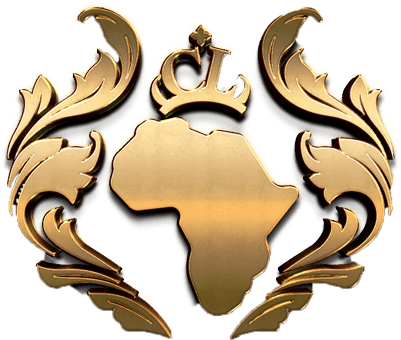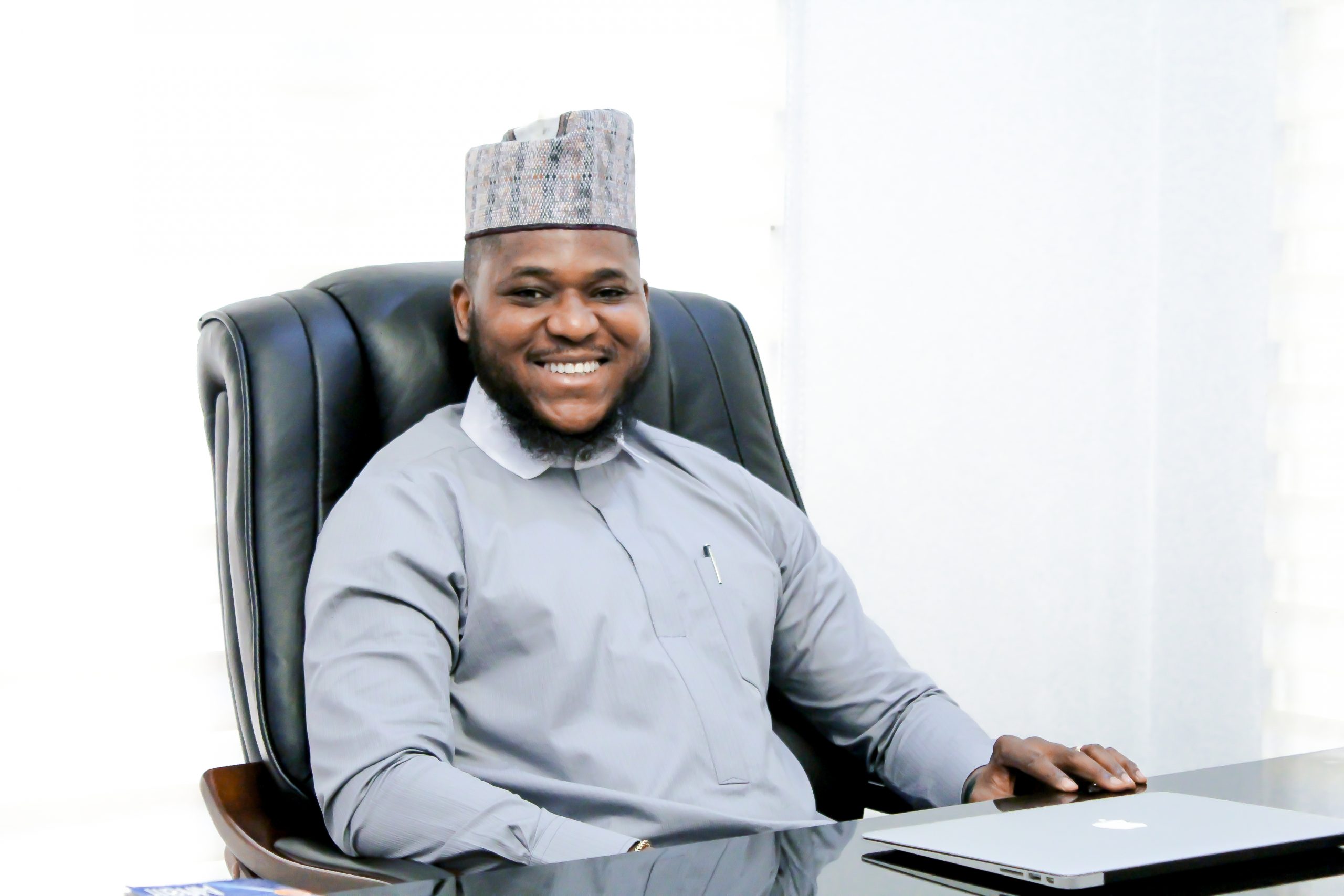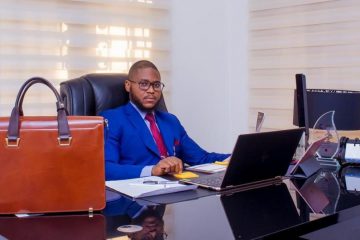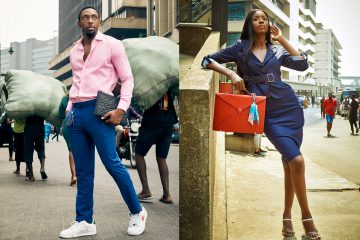Ade George is the Chief Executive Officer of Corporate Luxury, a company that produces luxury brand handcrafted African leather goods such as briefcases, handbags, wallets, accessories, and more. In this interview, he talked about the leather industry, challenges and how the business is soaring despite odds.
How and when did Corporate Luxury come into being?
Corporate Luxury is a fashion brand that produces and sells luxury leather bags and accessories. We started in 2013 when I purchased a briefcase from one of the high-end names and I found out that it didn’t serve the purpose I wanted. It felt like a rip off to me, so I decided to design my own briefcase.
Luckily I was travelling around Egypt at that time, so I sourced for leather myself, designed it, had it made and started carrying it around. We all have that favourite item we cannot do without; this bag I designed became mine as it served almost every purpose a bag could. Everywhere I went with it, lots of people asked for a reference to get it. In no time, they started paying me to make the exact thing for them and that was how Corporate Luxury was born. So, Corporate Luxury is an indigenous company.
Your company makes a diverse range of sophisticated leather accessories, where and how do you source your raw materials?
We travel all around Africa until we get the quality of materials we need. Our abundance of livestock in Africa is a natural strength for the leather sector and that is why Africa is fast emerging as one of the future markets for sourcing quality leather and hides for the booming global leather industry.
What challenges do you face sourcing pure or sophisticated leather from Nigeria and other countries?
Generally speaking, we face challenges like all other businesses. Majorly though, logistics is a big challenge. Security is also top-notch so it’s a risk getting our procurement officers into the market to source for pre-production materials. The lack of structure in the Nigerian shipping industry affects our business.
There is the challenge of high rate of payment on shipping without subsidies. We pay close to 55 per cent tax and that’s excluding what we pay to the shipping companies, which is just what we pay for governmental clearance. Still, these don’t guarantee us getting our goods on time.
Why did you choose leather works?
When we go back to the origin of man, it’s always been leather, clothing and stuff. The ability to mould something, bend and twist it to your own will whilst creating a piece of art intrigues me.
There are various types of leather, all animals are clothed in leather, depending on what animal you prefer to use. There are top grain leather, embossed grain, split suede, reconstituted, bonded or fibre leather. At Corporate Luxury, we believe more in the usage of top grain and embossed grain leather because these are the strongest and most durable and valuable layers of hides.
We use crocodile leather, which is an exotic leather and is rare compared to other hides like sheep or cow and requires a high level of craftsmanship. We also make use of soft dressed calf leather made with top quality calf sides and smooth veggie-tanned calfskin. It has a smooth, waxy surface giving a lightly glazed matte impression as you see on our AG Lagos Briefcase and our Dakar Special Edition Briefcase, but what we manufacture is depending on our design or clients’ demands.
Do all these influence our costs of the final output? Well, Corporate Luxury produces and sells the best amongst equals. We never use fake leather. We use original leather and naturally leather is not very cheap so this affects the cost of our items but then, we also make sure that a certain substantial percentage of our sales are used to power our Corporate Social Responsibility (CSR), Trinitas Foundation Africa.
How much of a problem is the cost and process of clearing and transporting materials sourced outside the country?
These problems vary based on each country’s immigration policy. Once in Kenya, we had to make certain payments that were not documented? It was an unspoken rule that you have to drop something. So, we had to give them incentives to smoothen the process.
Mauritius was a different kind of challenge. Because it is a tourist country, people are more laid back when it comes to business, so there’s some perceived sluggishness when it comes to handling paperwork and other documentation. Finally, we had to stay back an additional week and then it took another two extra weeks for the leather shipment.
Your company names products after their respective sources, why and what do you intend to achieve with that?
As I said earlier, our company is proudly African and we do believe that our products should speak so. Sometimes, we just want to recognise and shine some light to that particular city we name our products after, and for those who have never been to any of these countries, when you buy a Corporate Luxury product, you have a feel of the country and its uniqueness through its leather. Consider the CL product as a souvenir from that city or country. It’s like having a piece of Africa with you wherever you go.
What category of people are your products targeted at, and how affordable are they to the middle class?
We do not target a particular class of people; we create luxury and our products should be seen as a symbol of achievement to their owners.
What is the company’s staff strength; does the company produce the accessories itself or engages others to do them?
We are a 4-man team apart from the essential workers, and we kept it that way because we want Corporate Luxury to be a close-knit group, more like a family business. Each of us has over 25 years of experience in relevant fields. We make all our products ourselves, we design, implement and produce, we do not engage another company to do either of the aforementioned.
How are you contributing to societal growth?
We have the Widows Empowerment and over the years, we have been able to empower over 50 widows in various communities around Lagos and Nigeria as a whole. Some of their children have gotten scholarships to study, and based on their educational report, these kids are the smartest amongst their peers.
Our Food for All is a five-year programme that helps villagers identify the most vulnerable children and develop care plans for them. Right now, we have developed the latest strategy to curb hunger, especially with the ongoing pandemic.
More so, a lot of children have gained access to study in various schools with Trinitas Foundation’s educational project. We believe that education is one of the most powerful weapons in fighting poverty in our communities. When a child gets the education they deserve, they become less of a target for gangs and crime in their various communities.
How has the novel coronavirus affected your business and what are you doing differently to remain afloat?
This may come as a shock but this pandemic helped us realise our worth to our clients. We have sold out most of our products and the demands are still coming in. We have also gotten new showrooms in places where these demands have been the most, e.g. Abuja and Port Harcourt. Hence, we have decided to launch our spring/summer collection very soon.
We have put in measures for our staff to be protected, for those who have to come to the office, and the measures seem to be working as we have not had anyone test positive to the virus. We also try to disinfect our office regularly for precautionary measures and every staff wears a protective mask.



